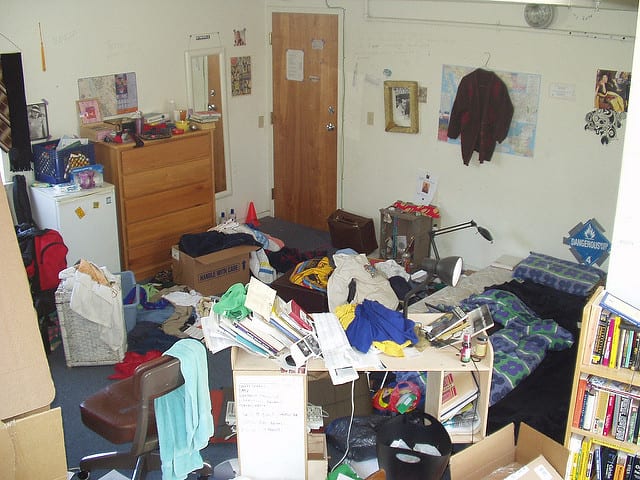Are you concerned about a young adult who seems stuck in life?
- lives at home and does not work or go to school
- has few friends or lives their social life online
- is addicted to video games or smartphone
- stays in room and does not communicate with family members
- has limited skills for independent living; relies on others for meals and laundry
- is financially dependent on parents or other family members
- lacks self-confidence and the ability to bounce back from disappointments
- has no plan for life or self-sufficiency
- is not living up to full potential
“I have a 26-year-old son who came home from college four years ago… He stays in his room all day and comes out only at night to get food when everyone has gone to sleep. When I walk by his closed door day after day, it kills me.”
That is just one of many comments from worried and bewildered parents requesting help in response to our Failure to Launch blog series.
We call this situation “failure to launch” (FTL) to capture the frustration young adults and their loved ones feel when their lives are not moving forward as expected.
Failure to Launch syndrome is not a formal mental health disorder. Rather, it is a popular term for a young adult living at home who is highly dependent on parents or other family members.
FTL is not really a failure of the young adult or parents. It is a situation that occurs when a young person struggles to adjust to the challenges of adulthood. Typically, young adults with FTL have trouble coping with distress that could be caused by any of the following:
- extreme shyness or introversion
- an avoidant personality style
- a learning disorder or impaired executive functioning
- an emerging or preexisting mental health condition, such as anxiety, bipolar disorder, or depression
- an autism spectrum disorder or ADD/ADHD
- challenging or traumatic life experiences that lead to shame and poor self-esteem
- substance use or behavioral addictions such as gaming or gambling
- poor sleep or nutrition habits
- severe disappointment, such as academic failure or the breakup of an important relationship
How can I help my young adult with FTL?
“My husband and I are really struggling with trying to support him in healthy, empowering ways without enabling him to continue with his pattern of avoiding life and responsibilities. Whenever we let him stay with us, it feels like a band-aid, and it just prolongs his struggle.”
Maybe you’ve tried the standard parenting practices: incentive plans, contracts, ultimatums, consultations with mental health professionals, and perhaps even hospitals and residential treatment centers. FTL often persists even after parents have exhausted all these options.
“And here we are, with an almost 20-year-old who sleeps until late morning, plays video games, and does nothing… no job, no school. HELP!!!”
At rtor.org, we have received thousands of inquiries from parents who tried everything and still have a young adult at home who cannot seem to move forward in life.
Our Resource Specialists Are Available to Offer Free Support and Assistance to Families and Young Adults
Our Resource Specialists are highly skilled and knowledgeable regarding FTL in young adults. They help hundreds of families each year in the following ways:
- clarifying the problem and whether professional services are needed
- identifying appropriate mental health resources in the community that fit within a family’s means
- coaching family members on communication and handling specific situations with their young adult
- developing long-term strategies to promote resiliency and self-sufficiency in young adults
- providing information on how to use crisis intervention or emergency services should the need arise
- providing validation and support to parents and other caregivers who feel stretched to the limit
Help for Young Adults with Failure to Launch Syndrome
As a parent, I know what it’s like to have a young adult at home who isn’t thriving. My family has been there, too, and I promise you there is a way forward.
– Jay Boll, Editor in Chief of rtor.org
Supporting a young adult with FTL requires empathy, understanding, and structured guidance. If the problem persists, professional help may be necessary. Here are some steps parents can take to help a young adult with FTL:
- Begin by fostering an open, non-judgmental environment where young adults feel safe expressing their fears and aspirations.
- Help them establish a consistent routine to provide a sense of stability and purpose.
- Encourage them to set small, achievable goals, which can help build confidence and motivation to establish a consistent routine.
- Consulting a therapist, counselor, or life coach who specializes in young adult issues can provide valuable insights and coping strategies.
- Career coaching or vocational programs, such as Supported Education and Supported Employment, can offer practical steps toward independence.
- Underlying mental health issues such as anxiety, depression, or ADHD may need to be addressed before progress is possible.
- Avoid enabling dependency by setting healthy boundaries and promoting autonomy.
- Encourage the young adult to take responsibility for tasks such as job applications, household chores, medical appointments, and financial planning.
With patience, encouragement, and the right resources, young adults struggling with Failure to Launch syndrome can transition toward a fulfilling and independent life.













